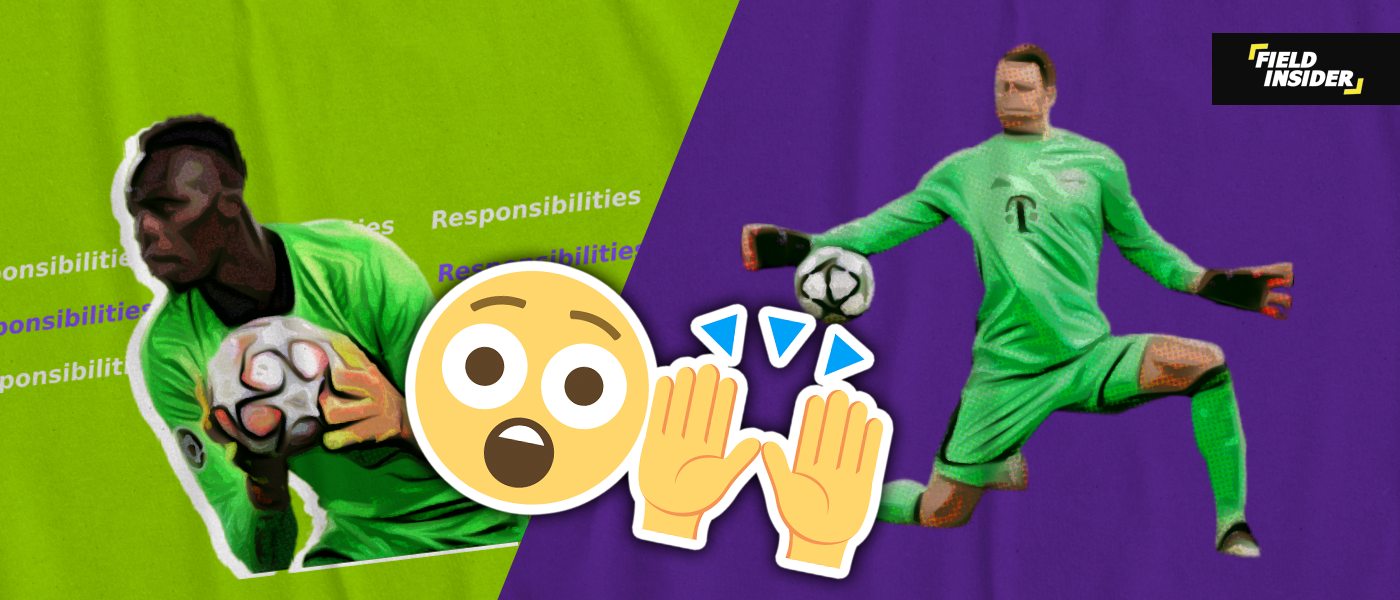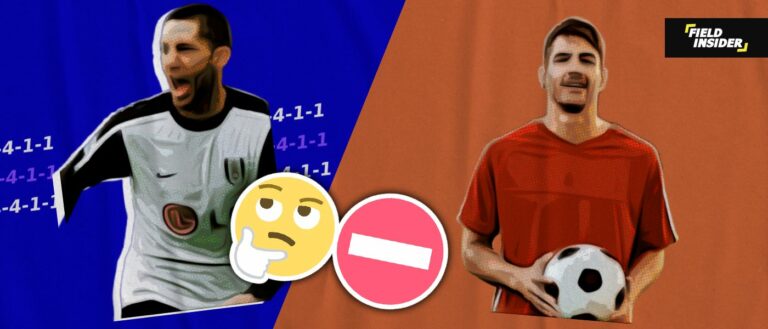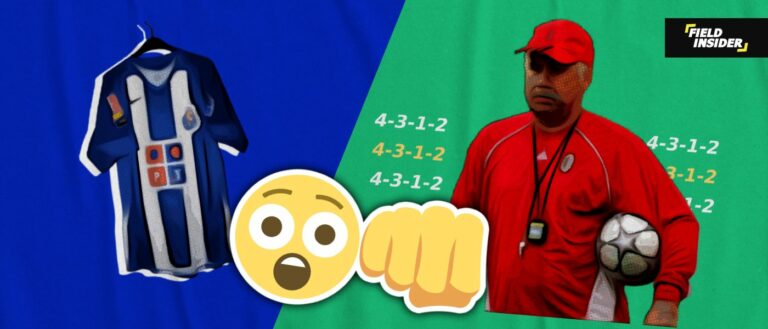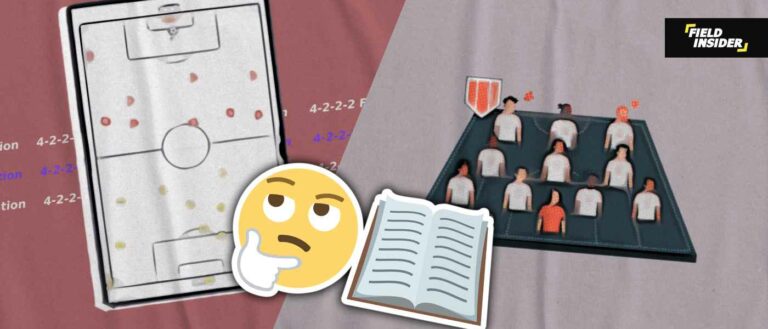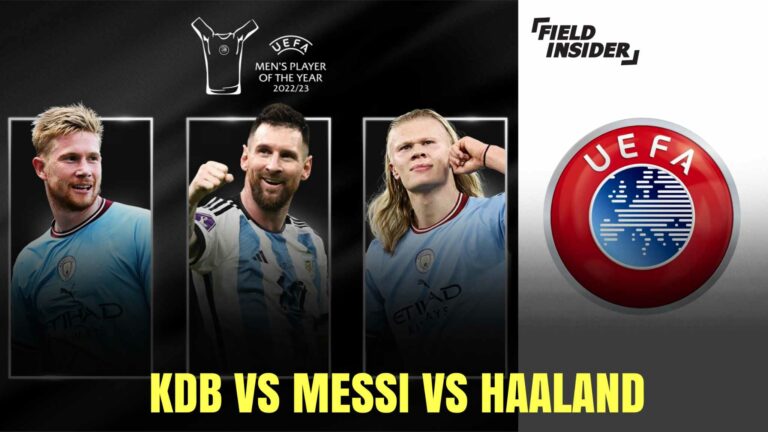How To Become a Goalkeeper: Complete Soccer Guide
The role of a goalkeeper in soccer is undeniably crucial and uniquely challenging. Occupying the last line of defense and often serving as a key playmaker, goalkeepers are essential to the success of their teams.
This article aims to provide a comprehensive guide for those embarking on the journey to become skilled goalkeepers. From understanding the fundamental responsibilities and attributes required for the role, this guide covers every aspect of what it takes to excel in goalkeeping.
Key Takeaways
| Key Takeaways | Description |
|---|---|
| Understanding the Role | Learn about the goalkeeper’s responsibilities, significance in team dynamics, and required attributes. |
| Youth Development | Explore the benefits of starting early, basics of goalkeeping for kids, and finding local programs. |
| Essential Goal Keeping Techniques | Discover essential goalkeeping skills, positioning, decision-making, and developing reflexes. |
| Goalkeeper Gear and Equipment | Information on necessary gear, maintenance, and choosing the right equipment. |
| Developing Mental Toughness | Insights into the mental challenges, staying focused, and handling pressure. |
| Building a Strong Fitness Foundation | Understanding the physical demands, recommended fitness routines, and the importance of overall health. |
| Game Analysis and Study | Encouraging analysis of professional matches, studying techniques, and learning from top players. |
| Pursuing a Goalkeeping Career | Outlining the pathways to a professional career, networking, and seeking opportunities. |
Understanding the Role of a Goalkeeper
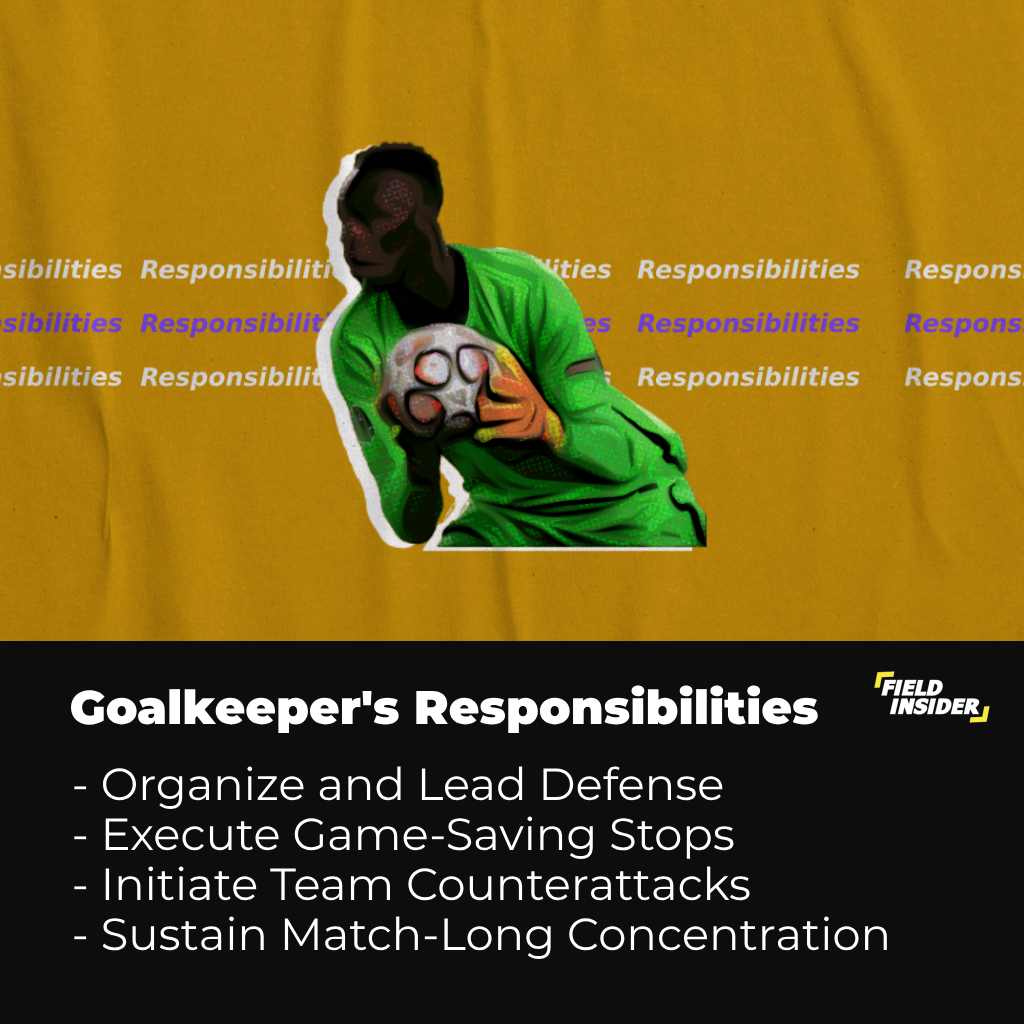
Primary Responsibilities
As the team’s last line of defense and a vital playmaker, a goalkeeper’s primary responsibilities extend far beyond just guarding the net. They are instrumental in organizing the defense, executing crucial saves, and initiating counter-attacks.
Their role is pivotal in various formations, adapting to the team’s defensive and offensive strategies. For a deeper understanding, consider exploring the complexities and dynamics of different formations like the 4-3-3 formation or the 5-3-2 formation.
Significance in Team Dynamics
In the realm of soccer, the goalkeeper is more than just a player; they are a strategic component, often shaping the team’s overall play with their unique perspective of the field.
The significance of this role is magnified when examining the impacts of different team structures, like the 4-4-2 formation and the 3-4-3 formation, where the goalkeeper must adjust their style to match the team’s tactics. Understanding these dynamics is crucial for any aspiring goalkeeper.
Required Attributes
Becoming a successful goalkeeper demands a blend of mental agility and physical strength. Key attributes include quick reflexes, solid decision-making skills, and strong hands, all crucial for effective goalkeeping.
These qualities are not just innate but can be developed through dedicated practice and proper training, as outlined in resources like football training exercises at home.
Start Early: Youth Development
Benefits of Early Training
Initiating goalkeeping training at a young age is highly advantageous. It allows aspiring goalkeepers to build foundational skills and develop an innate understanding of the game from an early stage.
This early immersion into goalkeeping can significantly shape their future in the sport.
Goalkeeping for Kids
For children, grasping the basics of goalkeeping is the first step in their soccer journey. This includes fundamental skills like proper hand positioning, basic footwork, and understanding the rules of the game.
Parents and coaches can explore resources such as football essentials for kids to ensure young goalkeepers are equipped with the right knowledge and tools from the start.
Finding Local Programs
Discovering the right youth soccer program or academy is crucial for nurturing a child’s goalkeeping skills. These programs provide structured training environments that are conducive to learning and growth.
For guidance on choosing the right academy and understanding the nuances of youth soccer, refer to different levels in youth soccer.
Basic Goalkeeping Skills
Essential Skills
Mastering essential goalkeeping skills is fundamental to success in this role. This includes proficiency in catching, diving, and shot-stopping. Each skill requires a different technique and understanding, making it vital for goalkeepers to focus on these areas during training.
For instance, catching is not just about hand-eye coordination, but also about positioning and anticipation, skills that can be enhanced through practices like those detailed in set-piece training.
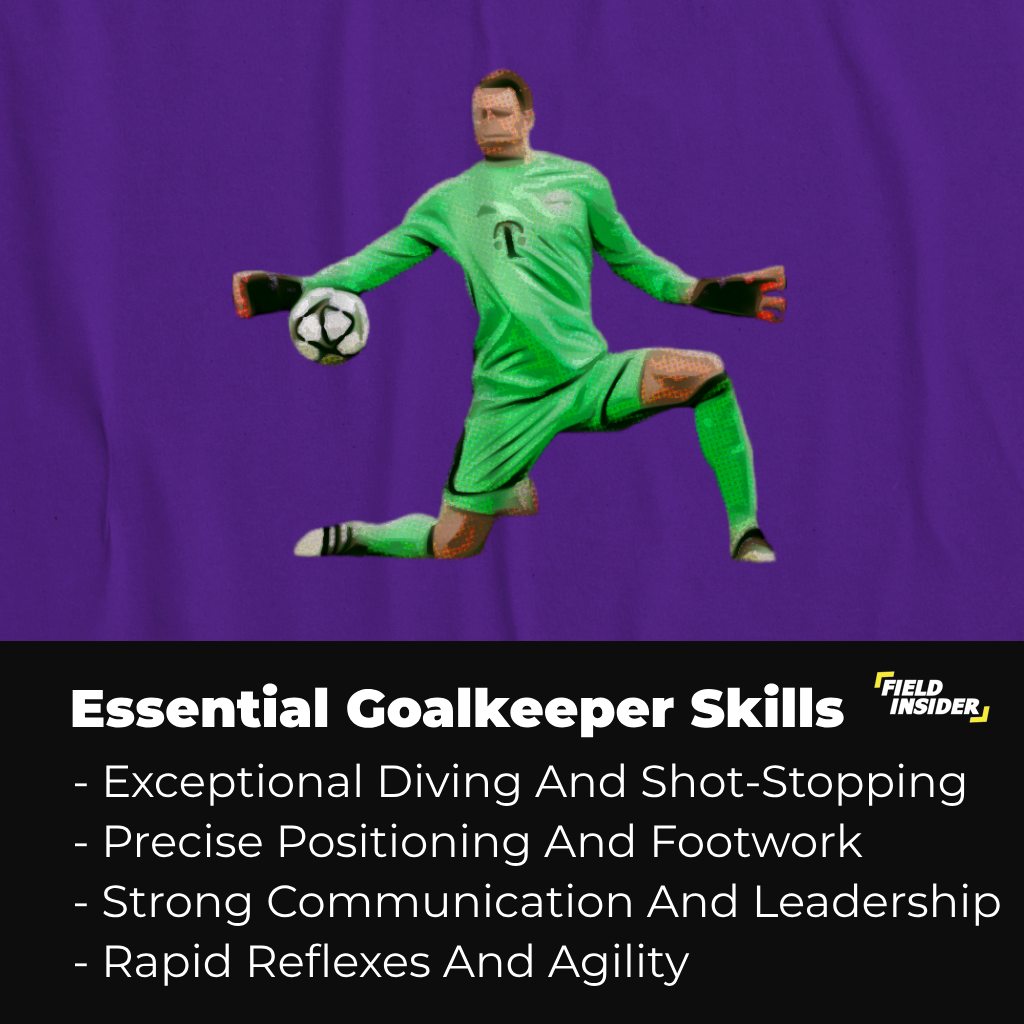
Positioning and Decision-Making
A goalkeeper’s positioning and decision-making are critical in defining their effectiveness on the field. They must read the game, anticipate the opponent’s moves, and position themselves optimally to make saves or distribute the ball.
This requires not only physical training but also a deep understanding of soccer tactics and formations. Aspiring goalkeepers can gain insights into different team setups, such as the 4-3-1-2 formation or the 3-3-4 formation, to enhance their strategic thinking.
Developing Reflexes
Having strong hands and quick reflexes is a hallmark of a great goalkeeper. These attributes allow for spectacular saves and effective ball handling. Developing these skills involves specific exercises and consistent practice.
Goalkeepers can benefit from drills designed to enhance their reaction time and hand strength, as outlined in resources like football training. It’s not just about the physical act of stopping the ball, but also reacting swiftly to changing game situations.
Goalkeeper Training Drills
To enhance their game, goalkeepers can engage in a variety of training drills that sharpen their reflexes and improve technique.
Here’s a table listing various goalkeeper training drills with brief explanations:
| Drill Name | Purpose of the Drill | Brief Explanation |
|---|---|---|
| Cone Dives | Enhance diving technique | Goalkeepers practice diving across a line of cones, simulating dives to save shots in different directions. |
| Shot-Blocking | Improve reaction to shots | A series of random shots are taken at the goalkeeper, who works on reacting quickly to block them. |
| Cross Claiming | Boost aerial control and confidence | High balls are delivered into the penalty area, and the goalkeeper practices claiming them confidently. |
| Distribution Drills | Refine distribution to outfield players | Focuses on the goalkeeper’s ability to distribute the ball accurately to teammates via throws and kicks. |
| Footwork Ladders | Increase agility and foot speed | Using agility ladders, goalkeepers enhance their footwork, crucial for positioning and making saves. |
| Angle Play | Master positioning and angle reduction | This drill teaches goalkeepers to position themselves optimally to reduce the scoring angle for shooters. |
| 1v1 Scenarios | Sharpen skills for one-on-one confrontations | Goalkeepers face attackers in one-on-one situations, learning to close down space and make key saves. |
| Reflex Training | Heighten reflexes for unexpected shots | Involves rapid-fire shots at close range, improving the goalkeeper’s reflexive saves and hand-eye coordination. |
| Set-Piece Command | Control the penalty area during set pieces | Simulates free kicks and corners, where the goalkeeper practices organizing the defense and claiming balls. |
| Endurance Building | Maintain performance over the match duration | Stamina and endurance exercises to ensure goalkeepers maintain high performance levels throughout a match. |
The football goalkeeper’s technical-tactical actions in competitions
In the heart of competitive soccer, the efficacy of a goalkeeper is often measured by their ability to perform under pressure, executing technical-tactical actions that can turn the tide of a game.
The bar graph depicted here, is extracted from the study “Analysis of the Football Goalkeeper’s Technical-Tactical Actions in Competition“. The study involved 160 goalkeepers—40 from each division—painting a telling picture of consistency across different levels of play.
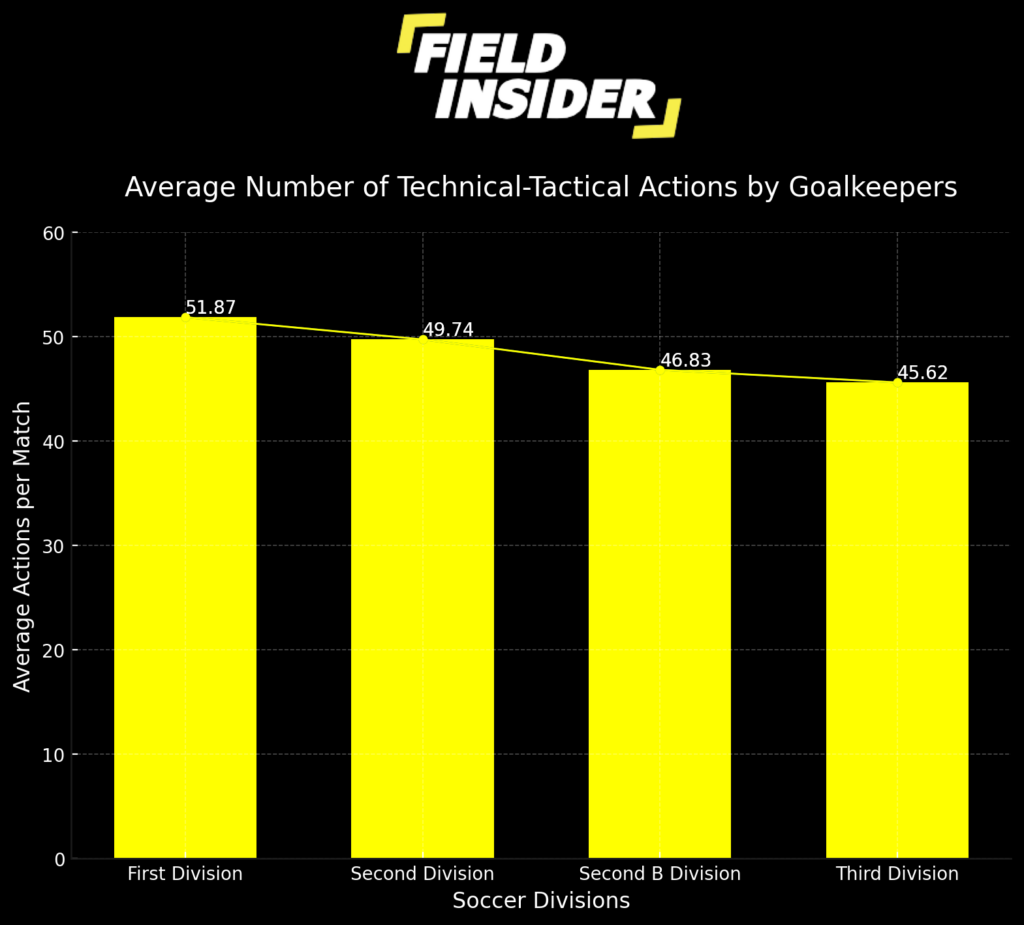
The yellow bars represent the average number of technical-tactical actions performed per match, with first division goalkeepers averaging 51.87 actions. They are followed closely by second division goalkeepers at 49.74, second B at 46.83, and third division at 45.62.
The graph’s stark colors highlight that the difference in actions between the highest and lowest levels is minimal, indicating a high standard of goalkeeping performance regardless of the division.
This data reinforces the notion that goalkeeping excellence is not confined to the top tiers of soccer but is a widespread attribute shared across divisions.
Goalkeeper Gear and Equipment
Necessary Gear
Equipping oneself with the right gear is crucial for any goalkeeper. This includes specialized gloves, protective clothing, and appropriate footwear. Each piece of equipment plays a vital role in enhancing performance and ensuring safety on the field.
Maintenance and Care
Proper care and maintenance of goalkeeper gear are essential for both performance and longevity. This involves regular cleaning, correct storage, and timely replacement of worn-out items.
Understanding how to maintain and care for equipment is as important as using it, as this ensures that gear remains in optimal condition for use in training and matches.
Selecting the Right Equipment
Choosing the right equipment is about more than just fit and comfort; it’s also about enhancing a goalkeeper’s performance on the field.
Factors such as grip, cushioning, durability, and flexibility play significant roles in the effectiveness of gloves and attire.
Developing Mental Toughness
Mental Challenges
Goalkeepers face unique mental pressures in soccer. From dealing with the aftermath of conceding goals to maintaining concentration for the full duration of a match, the psychological demands are immense.
This aspect of goalkeeping often dictates a player’s resilience and consistency on the field. Understanding and managing these pressures is crucial!
Staying Focused and Confident
Maintaining focus and confidence, especially during high-pressure situations, is vital for a goalkeeper. This involves not only mental preparation before games but also developing coping mechanisms for various in-game scenarios.
Strategies for staying focused and confident can range from visualization techniques to specific mental exercises. Aspiring goalkeepers can find valuable tips in articles like preparing for football matches, which discuss mental preparation strategies.
Handling Pressure and Setbacks
The ability to handle pressure and recover from setbacks is what often separates great goalkeepers from the rest. This includes bouncing back from mistakes, dealing with criticism, and maintaining composure under stress.
Learning to manage these aspects requires both experience and a proactive approach to mental training. Resources like football scenarios can provide scenarios and solutions that help in developing a goalkeeper’s mental toughness.
Building a Strong Fitness Foundation
Physical Demands
The role of a goalkeeper is physically demanding, requiring excellent agility, strength, and endurance. This necessitates a focused approach to fitness, tailored to the unique needs of the position.
A goalkeeper must be agile enough to make quick dives, strong enough to withstand physical challenges, and enduring to stay active throughout the game.
Fitness Routines
Developing a goalkeeper-specific fitness routine is essential. This includes exercises that enhance agility, build muscle strength, and improve cardiovascular health.
Incorporating routines that focus on explosive movements, core strength, and flexibility can significantly benefit a goalkeeper’s performance. For example, exercises that mimic diving saves or improve vertical jump height are particularly beneficial.
Overall Health and Conditioning
Maintaining overall health and good physical conditioning is vital for goalkeepers. This includes proper nutrition, adequate rest, and regular physical assessments to prevent injuries.
A well-rounded approach to health ensures that goalkeepers can perform at their peak during training and matches. For guidance on injury prevention and maintaining peak physical condition, resources such as preventing injuries for your kids provide valuable information.
Game Analysis and Study
Watching Professional Matches
For aspiring goalkeepers, watching and analyzing professional soccer matches is an invaluable learning tool. It provides insights into how top goalkeepers position themselves, make decisions under pressure, and handle various in-game scenarios.
Studying Techniques
Beyond watching games, goalkeepers should study specific techniques and strategies used by professional players. This involves breaking down elements such as positioning, communication, and shot-stopping.
Understanding these techniques at a granular level can significantly improve a goalkeeper’s own performance. Resources like goal post dimensions can also provide technical knowledge that enhances a goalkeeper’s understanding of their playing environment.
Learning from the Best
Learning from experienced goalkeepers is crucial. This can be through formal mentoring or studying interviews, training sessions, and match analyses of top goalkeepers.
Gaining insights from seasoned professionals can accelerate a goalkeeper’s development. Engaging in game analysis and study is a critical aspect of a goalkeeper’s development.
Legendary Goalkeepers in Football History
| Goalkeeper | Notable Achievements |
|---|---|
| Lev Yashin | – Only goalkeeper to win Ballon d’Or (1963) – Olympic Gold Medal (1956) – UEFA European Championship (1960) |
| Gianluigi Buffon | – FIFA World Cup (2006) – UEFA Cup (1999) – Multiple Serie A titles with Juventus – UEFA Goalkeeper of the Year multiple times |
| Iker Casillas | – FIFA World Cup (2010) – 2 UEFA European Championships (2008, 2012) – Multiple UEFA Champions League titles with Real Madrid – IFFHS World’s Best Goalkeeper (5 times) |
| Manuel Neuer | – FIFA World Cup (2014) – UEFA Champions League (2013, 2020) – Multiple Bundesliga titles with Bayern Munich – IFFHS World’s Best Goalkeeper multiple times |
| Peter Schmeichel | – UEFA European Championship with Denmark (1992) – UEFA Champions League (1999) – Multiple English Premier League titles with Manchester United |
| Oliver Kahn | – UEFA Champions League (2001) – Intercontinental Cup (2001) – Multiple Bundesliga titles with Bayern Munich – IFFHS World’s Best Goalkeeper (3 times) |
| Dino Zoff | – FIFA World Cup (1982) – UEFA European Championship (1968) – Multiple Serie A titles with Juventus – Oldest player to win the World Cup (40 years, 4 months) |
| Edwin van der Sar | – UEFA Champions League (1995, 2008) – Multiple English Premier League titles with Manchester United – UEFA Cup with Ajax – Oldest player to win the Premier League |
| Gordon Banks | – FIFA World Cup (1966) – FIFA Goalkeeper of the Year (6 times) – Known for “The Save of the Century” against Pelé in 1970 World Cup |
| Sepp Maier | – FIFA World Cup (1974) – UEFA European Championship (1972) – Multiple Bundesliga titles with Bayern Munich – Known for his consistency and longevity in goal |
This table showcases the remarkable achievements of some of the greatest goalkeepers in football history, highlighting their contributions to both club and country.
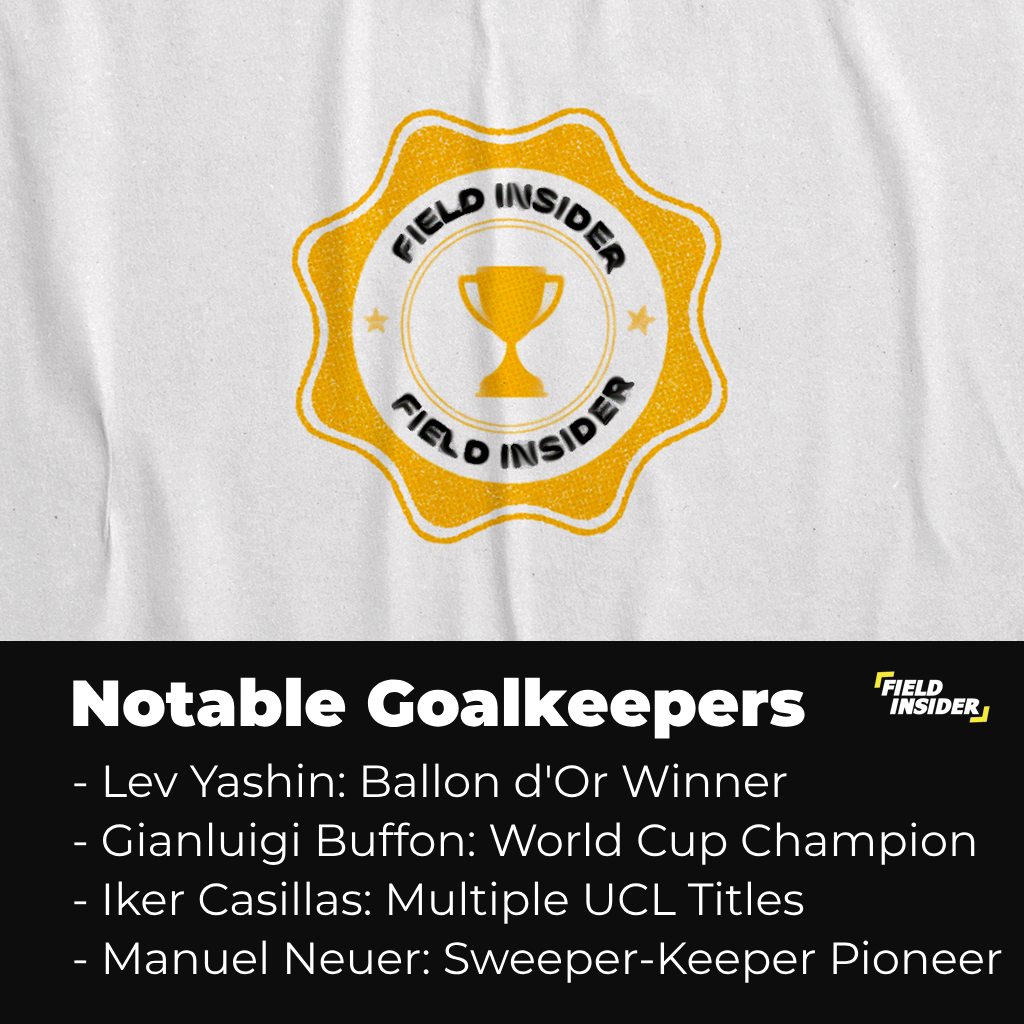
Pursuing a Goalkeeping Career
Pathways to Professionalism
Navigating the journey to becoming a professional goalkeeper involves understanding various pathways and opportunities available in the soccer world.
This ranges from joining local clubs and academies to advancing through youth leagues and securing opportunities in higher-level teams. Aspiring goalkeepers should be aware of different routes, including college soccer, club trials, and showcases.
Networking and Opportunities
In the competitive world of soccer, networking and seizing opportunities are crucial. Building relationships with coaches, scouts, and other players can open doors to trials and scouting opportunities.
Engaging in soccer communities, attending soccer camps, and participating in tournaments increases visibility and chances of being noticed. Articles like how to attract football scouts offer guidance on making oneself visible to the right people in the industry.
Seeking Visibility
For goalkeepers, consistently showcasing skills and potential is key to catching the eye of scouts and coaches. This means performing at the highest level in every match, training session, and trial.
Maintaining an up-to-date portfolio of performances, including game footage and achievements, can be beneficial.
Conclusion
In conclusion, the journey to becoming a successful goalkeeper in soccer is both challenging and rewarding. It requires a deep understanding of the role, starting from the foundational stages of youth development to mastering advanced skills and techniques.
This comprehensive guide lays out the essential steps and resources needed to excel in the art of goalkeeping. Remember, the journey of a thousand miles begins with a single step, and every training session, match, and learning opportunity brings you closer to achieving your goalkeeping dreams.


